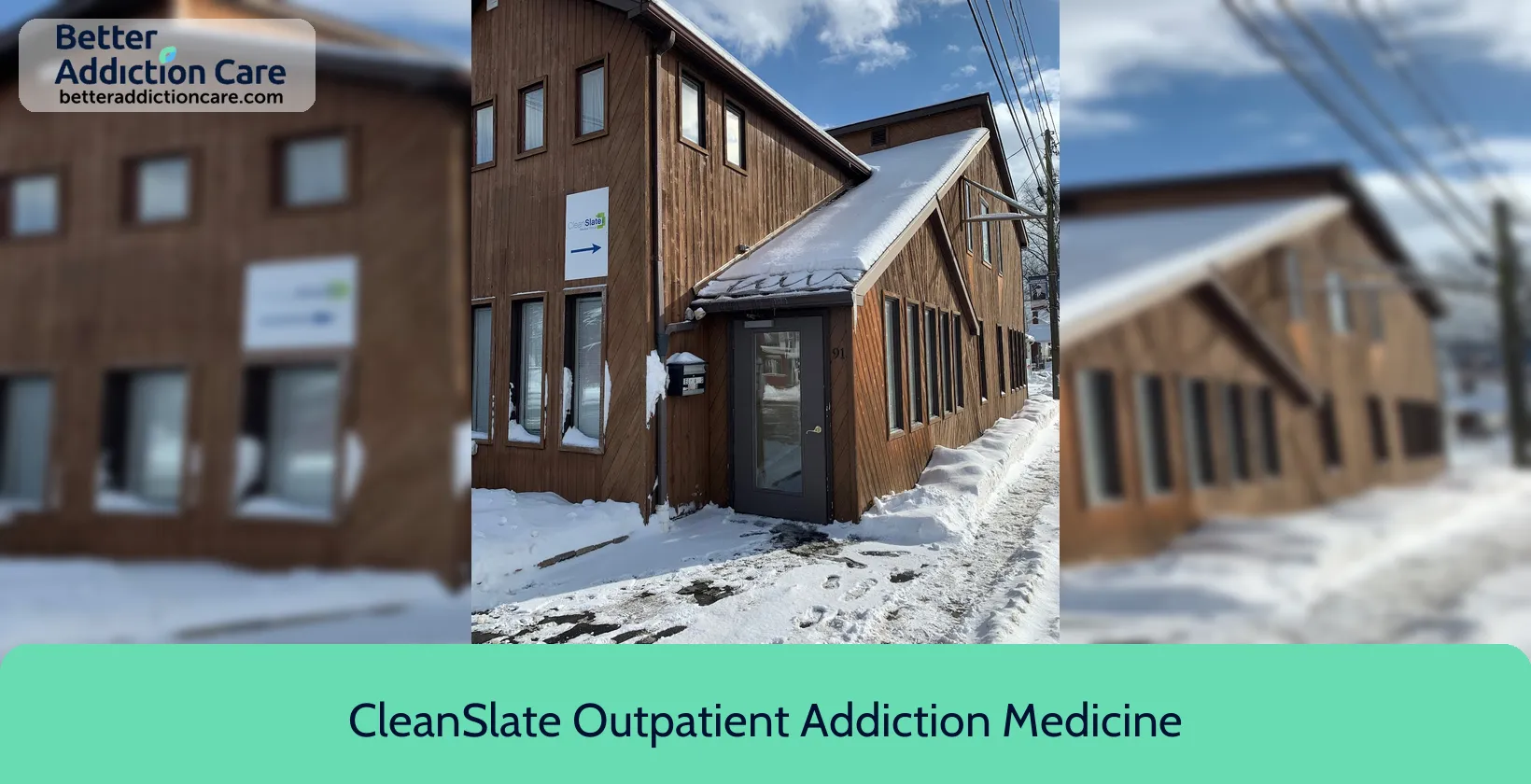CONCERN Professional Services - Mansfield Branch Office

Overview
CONCERN Professional Services - Mansfield Branch Office is a mental health treatment center for people seeking treatment near Tioga County. As part of their treatment modalities for recovery, CONCERN Professional Services - Mansfield Branch Office provides family counseling, individual psychotherapy, and group counseling during treatment. CONCERN Professional Services - Mansfield Branch Office is located in Mansfield, Pennsylvania, accepting county or local government funds for treatment.
CONCERN Professional Services - Mansfield Branch Office at a Glance
Payment Options
- County or local government funds
- Medicaid
- Private health insurance
- Cash or self-payment
- State-financed health insurance plan other than Medicaid
Assessments
- Comprehensive mental health assessment
- Comprehensive substance use assessment
Age Groups
- Children/adolescents
- Young adults
- Adults
- Seniors
Ancillary Services
- Court-ordered outpatient treatment
- Diet and exercise counseling
- Suicide prevention services
Highlights About CONCERN Professional Services - Mansfield Branch Office
7.04/10
With an overall rating of 7.04/10, this facility has following balanced range of services. Alcohol Rehabilitation: 8.05/10, Drug Rehab and Detox: 6.00/10, Insurance and Payments: 6.67/10, Treatment Options: 7.46/10.-
Alcohol Rehabilitation 8.05
-
Treatment Options 7.46
-
Insurance and Payments 6.67
-
Drug Rehab and Detox 6.00
Treatment At CONCERN Professional Services - Mansfield Branch Office
Treatment Conditions
- Mental health treatment
- Substance use treatment
- Co-occurring Disorders
Care Levels
- Partial Hospitalization Program
- Intensive outpatient treatment
- Outpatient
- Hospital inpatient treatment
Treatment Modalities
- Family counseling
- Individual psychotherapy
- Group counseling
- Experiential Therapy
- Nutrition Therapy
Ancillary Services
Languages
- Sign language services for the deaf and hard of hearing
Special Programs
- Clients who have experienced trauma
- Persons 18 and older with serious mental illness (SMI)
Get Help Now
Common Questions About CONCERN Professional Services - Mansfield Branch Office
Contact Information
Other Facilities in Mansfield

6.56

7.05
DISCLAIMER: The facility name, logo and brand are the property and registered trademarks of CleanSlate Outpatient Addiction Medicine, and are being used for identification and informational purposes only. Use of these names, logos and brands shall not imply endorsement. BetterAddictionCare.com is not affiliated with or sponsored by CleanSlate Outpatient Addiction Medicine.
